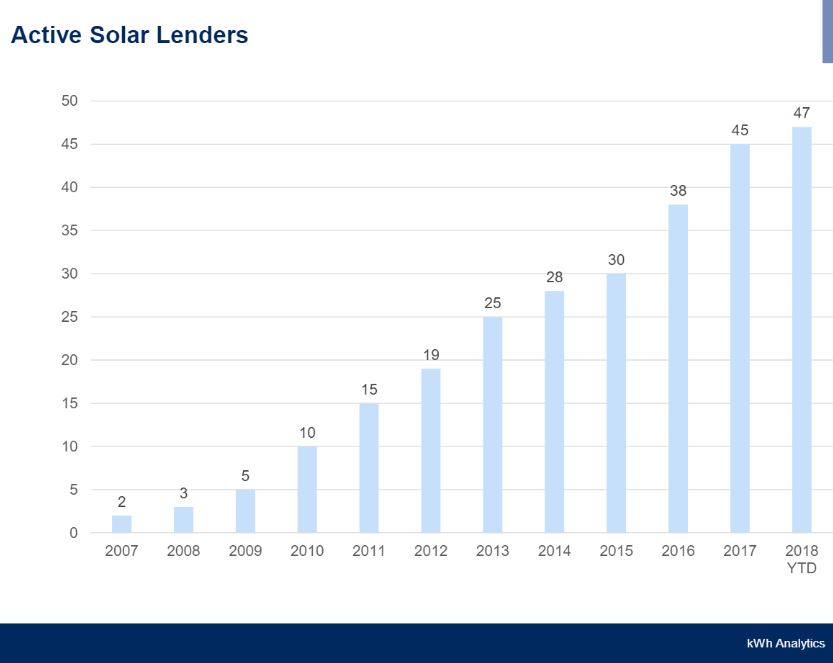By Frank Andorka, Senior Correspondent
If there’s one thing Republicans and Democrats can agree on, it’s the increasing political power of solar energy. Just ask the more than 100 representatives the Solar Energy Industries Association (SEIA) visited this summer during what it called its Summer Advocacy Blitz.
And solar is a bipartisan power source. After all, the representative with the most solar jobs in her district is none other than Democratic House Minority Leader Nancy Pelosi. And the representative with the most actual installed solar capacity in his district is Republican House Majority Leader Kevin McCarthy.
Those two don’t agree on anything – but they’d be hard pressed to disagree about the importance of solar energy in California, where both of their districts reside.
As SEIA President and CEO Abigail Ross Hopper says:
Many Members of Congress do not know what a robust solar industry they have in their district, making this advocacy blitz to educate representatives and staff a critical step in continuing our industry’s growth across the country. We have long said that solar is a bipartisan economic engine and visiting the top 100 solar districts this summer was a clear indicator that that is the case.
That’s why SEIA spent its summer crisscrossing the country and visiting 107 House districts – those with the largest amount of solar in either jobs or installations – to explain to them the industry’s importance. The solar industry has long maintained it is a bipartisan issue, and Hopper and her team set out to prove it.
Exactly 107 congressional districts rank in the top 50 of one of these categories: total solar capacity, number of solar installations, solar jobs and solar companies. SEIA visited with 101 of these offices to educate members and staff about the robust solar businesses in their districts, and how policymakers can ensure continued job growth and investment.
The 107 congressional districts included in SEIA’s advocacy blitz are diverse with Republican (42) and Democratic (65) members.
SEIA’s blitz was a delightful show of political force from the solar industry’s advocacy agency, but they can’t do it alone (and it can’t be just a summer thing, either). It’s up to each of us to make it part of our daily lives to get politically involved and remind our representatives how important solar is to us – and them. Let’s keep the momentum going – and then vote like your livelihood depends on it, because it does.




